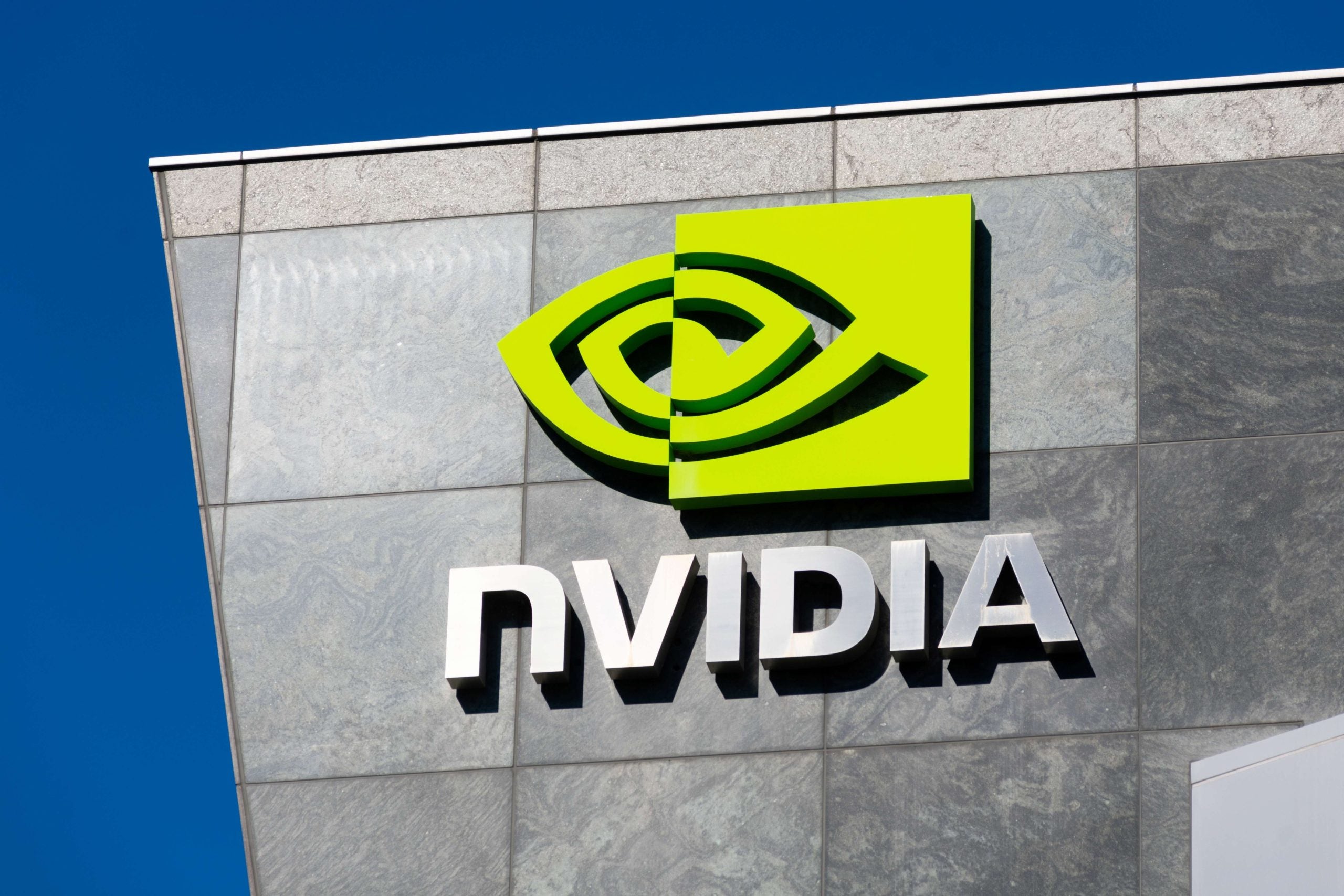
Chipmaker NVIDIA has outdone analyst expectations, earning $13.5bn in revenue – $2bn higher than predicted – amid an AI boom that has seen demand for computer chips skyrocket.
Following Wednesday’s (23 August) second quarter record results, Nvidia has said it would buy back $25bn in stock.
The 30-year-old company found itself uniquely poised among its competitors to reap the benefits of the AI boom. The company has dedicated research and development on AI chips – which are now the basis of nearly all AI apps, including ChatGPT.
As AI requires specialised chips with huge computational power, a shortage caused by increasingly high demand has seen Nvidia corner this market niche. Analysts estimate demand for Nvidia’s AI chips exceeds supply by at least 50%.
The company is predicting third quarter revenue of $16bn, with a 2% variation.
The leading chip maker announced in May that it was developing the most powerful AI supercomputer in Israel, named Israel-1, to meet the rising demand for AI in the country.
How well do you really know your competitors?
Access the most comprehensive Company Profiles on the market, powered by GlobalData. Save hours of research. Gain competitive edge.

Thank you!
Your download email will arrive shortly
Not ready to buy yet? Download a free sample
We are confident about the unique quality of our Company Profiles. However, we want you to make the most beneficial decision for your business, so we offer a free sample that you can download by submitting the below form
By GlobalDataDuring a supercomputing conference in Germany in May 2023, the chip maker said it had partnered with Bristol University to create a computer named Isambard 3. The new computer would be built from its in-house central processing unit chip named Grace.





